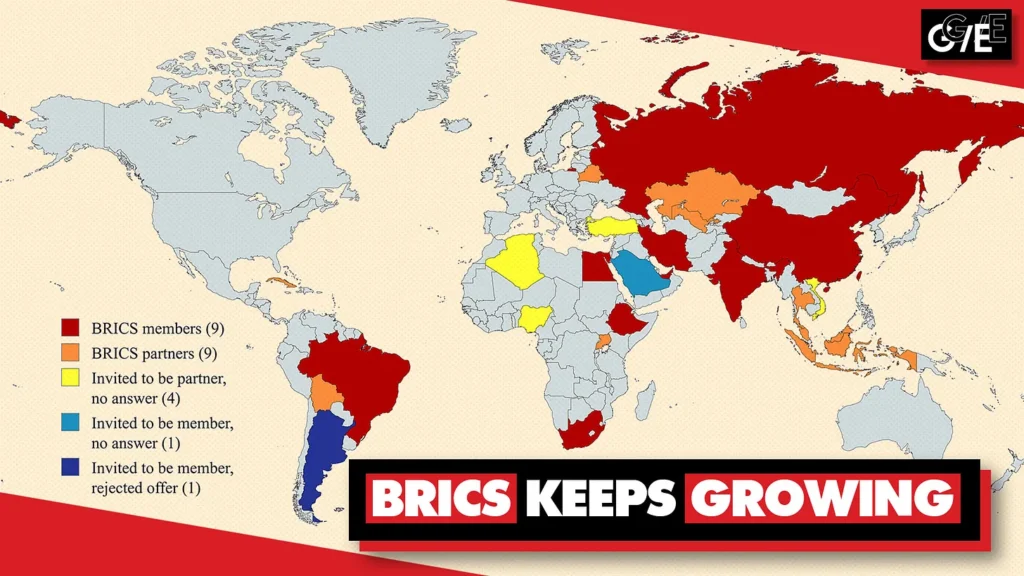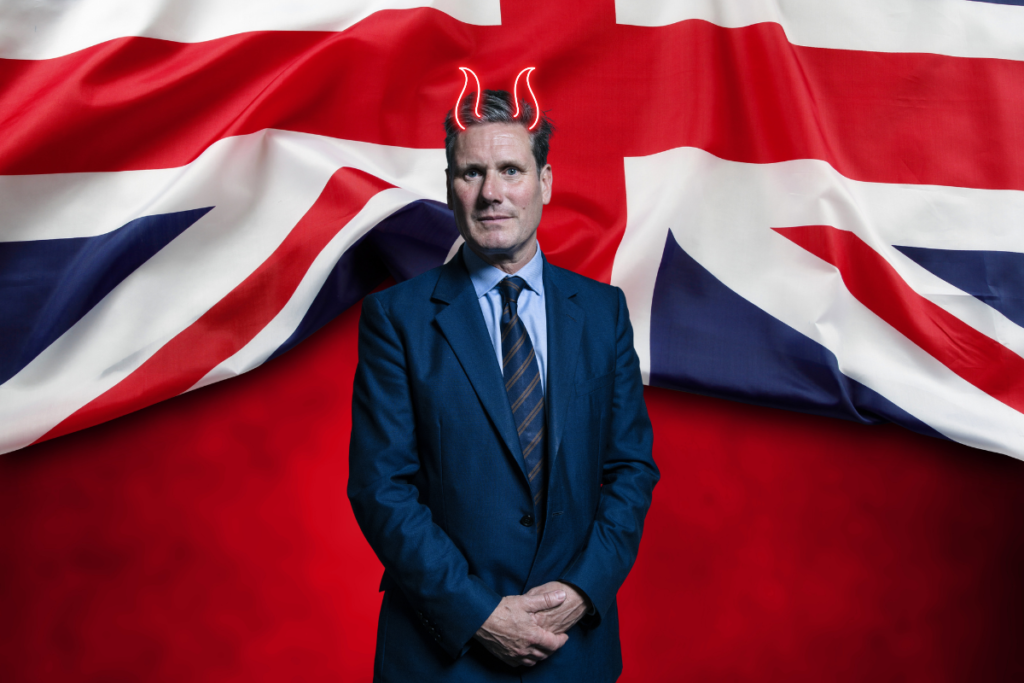Is the European Union Quietly Marching Toward War?
The European Commission’s newly adopted White Paper for European Defense Readiness 2030 outlines an extraordinary €800 billion increase in defense spending the largest in EU history. Framed as a response to the Russian threat, this strategic shift raises deeper concerns: Is the EU preparing for peace through deterrence, or actively laying the groundwork for a new era of militarized confrontation?
At What Cost And Who Pays?
The funding mechanisms proposed are nothing short of radical: budget deficits beyond EU norms, reallocation of cohesion funds from impoverished regions, expanded loans, and even the use of private citizens’ capital. Can a policy that treats military buildup as “investment” be justified in economies already staggering under public debt? And will workers, not arms dealers, bear the cost of this high-stakes gamble?
Are European Democracies Bypassing Their Citizens?
Polls show an overwhelming majority of Europeans oppose direct military intervention in Ukraine. Yet Brussels moves forward with little public consultation, revealing a growing chasm between EU elites and the electorate. If monumental decisions on war and peace are taken without a democratic mandate, are we witnessing the erosion of democratic governance in favor of top-down security policy?
Is War Becoming Europe’s New Economic Strategy?
The White Paper openly praises Ukraine as a “defense innovation laboratory,” with battlefield-tested technologies like AI drones and autonomous weapons hailed as future cornerstones of Europe’s industrial policy. Is the EU repurposing its economy for perpetual conflict? And does this not dangerously echo past eras when war was seen as a path to prosperity and geopolitical leverage?
Is the Eastern Border Shield a Defensive Wall or a Provocation?
The plan to construct a vast surveillance and fortification system along the EU’s eastern frontier may be framed as security, but does it instead signal a shift toward Cold War-style containment? At what point does deterrence escalate and is the EU, intentionally or not, preparing for an open confrontation that risks drawing the entire continent into war?
Can the EU Afford to Ignore Its Own History?
Europe’s postwar identity was built on the promise of “never again” a commitment to peace through cooperation and diplomacy. Yet with its current trajectory, the EU risks reviving the ghosts of its imperial past, veering toward militarism and external aggression. Is the real threat to Europe external or is it the quiet normalization of militarism within its own institutions?



